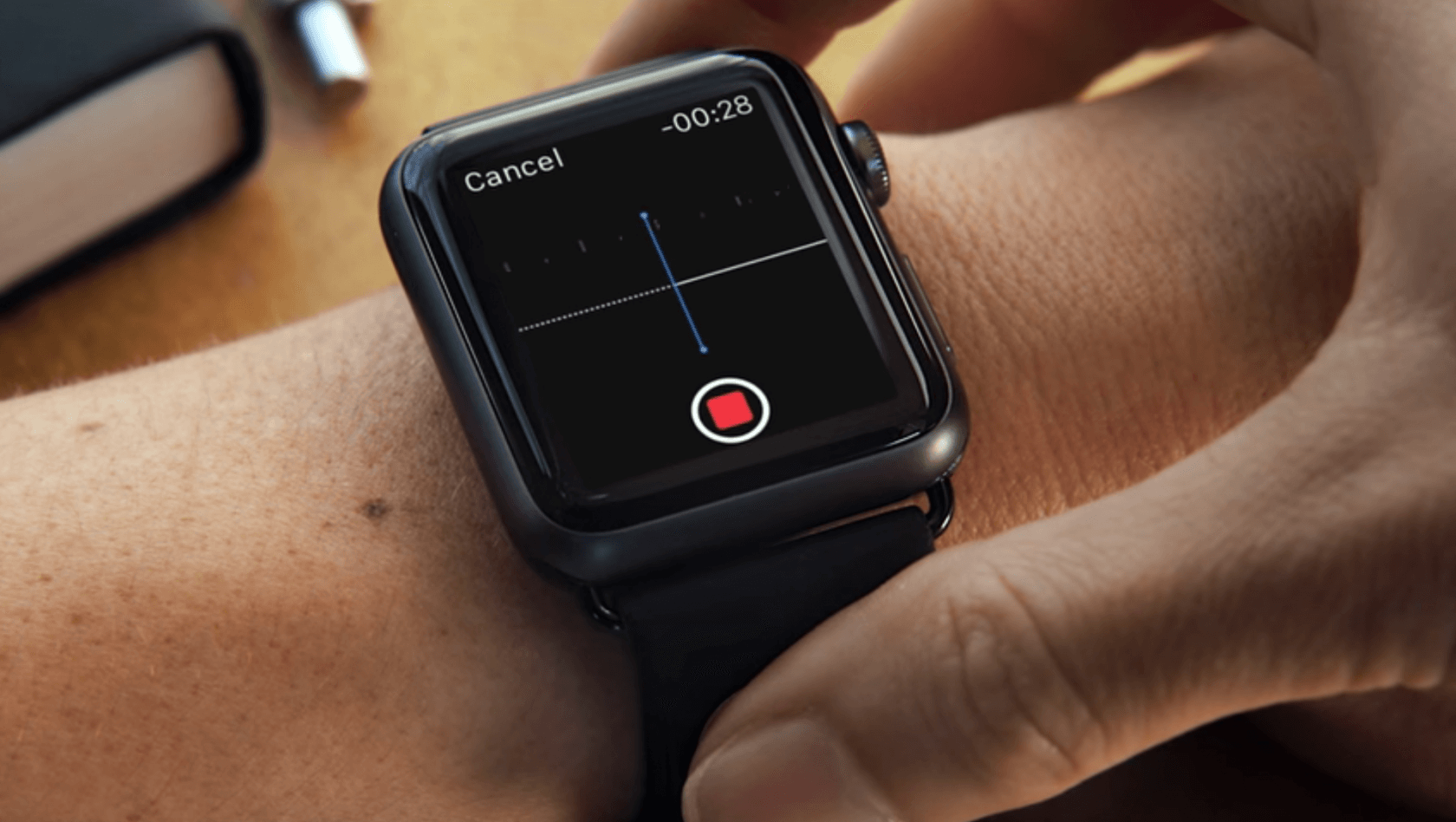AliveCor's KardiaBand is a watchband designed for the Apple Watch that can read the electrical activity of the heart and produce an electrocardiogram (EKG). The software can then detect irregular heart patterns, particularly atrial fibrillation, more commonly known as AFib.
The device has already sought and received FDA approval for this use, but yesterday AliveCor presented a study done in cooperation with the Mayo Clinic that shows that the watchband may also be able to detect a condition called hyperkalemia.
Hyperkalemia happens when there is too much potassium in the bloodstream. This condition can be caused by dehydration but is also common in diabetic patients and those with chronic kidney disease. Left unchecked it can lead to heart and kidney failure.
Hyperkalemia has no readily apparent symptoms and previously was only detectable via a blood test. However, AliveCor CEO Vic Gundotra speaking at the American College of Cardiology conference revealed research showing the KardiaBand could efficiently detect hyperkalemia without a needle or blood sample.

It works because high levels of potassium affect the electrical activity in the body. This modified electrical pattern can be seen in an EKG. The Mayo Clinic analyzed "two million EKGs linked to 4 million potassium values, which were collected over 23 years." This dataset was then used to create an AI that could analyze a live EKG and detect hyperkalemia.
To do this, they fed some of the data into the AI that showed positive signs of high potassium. From there the AI was able to "learn" to spot patterns in heart rhythms. Once the program was fully "trained" researchers tested it to see if it could diagnose the problem using a different set of data. The results proved to be 90-94 percent accurate.
Previous research had been done to diagnose hyperkalemia through EKGs, but had relied on human interpretation and was not accurate enough to warrant further study. The patterns associated with the condition are very subtle and hard for a human to detect, but it seems to be a relatively trivial matter for an AI to handle.
The FDA has not cleared the device for use in detecting hyperkalemia yet. Gundotra says it needs much more testing before the company will present it to the Food and Drug Administration for approval. In the meantime, the company will be conducting more research and eventually clinical trials.
